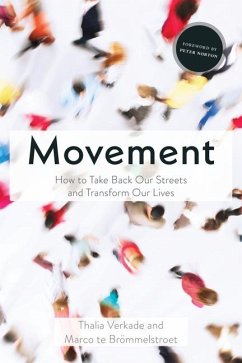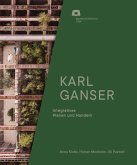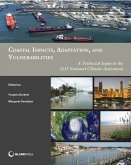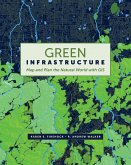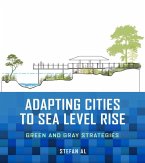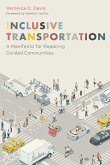In Movement: How to Take Back Our Streets and Transform Our Lives, journalist Thalia Verkade and mobility expert ("the cycling professor") Marco te Brömmelstroet take a three-year shared journey of discovery into the possibilities of our streets. They investigate and question the choices and mechanisms underpinning how these public spaces are designed and look at how they could be different. Verkade and te Brömmelstroet draw inspiration from the Netherlands and look at what other countries are doing, and could do, to diversify how they use their streets and make them safer. Making our communities safer, cleaner, and greener starts with asking these fundamental questions: who do our streets belong to, how do we want to use them, and who gets to decide? To truly transform mobility, we need to look far beyond the technical aspects and put people at the center of urban design. Movement will change the way that you view our streets.

